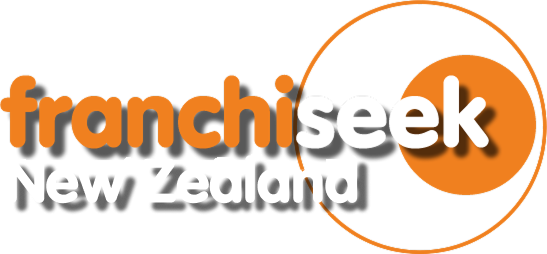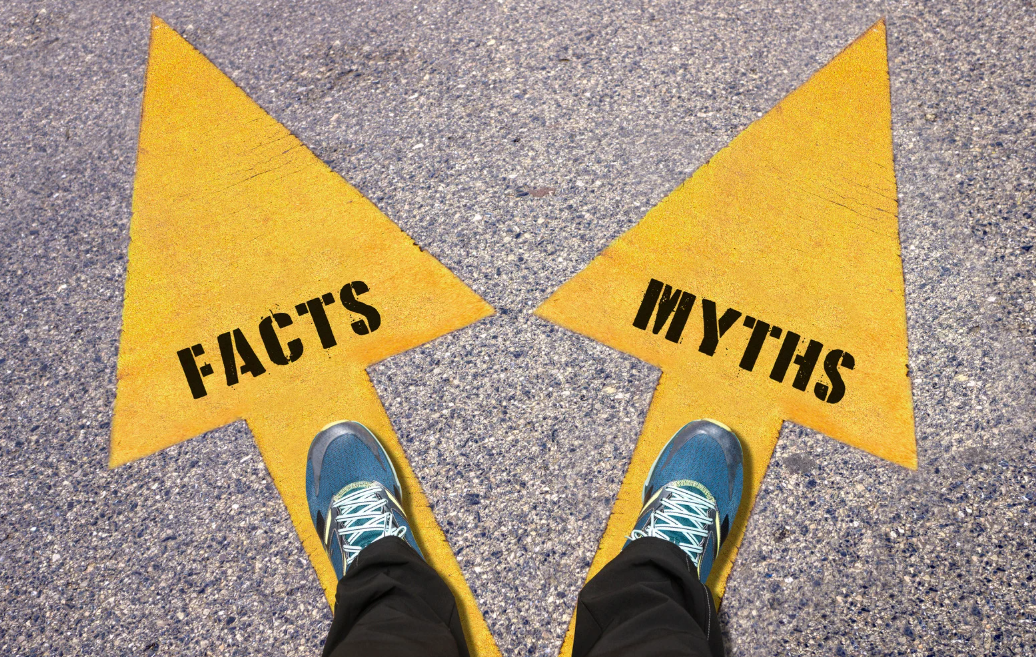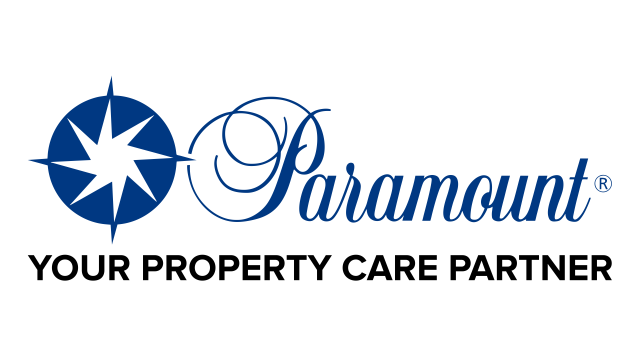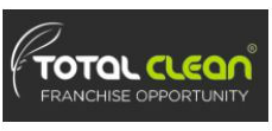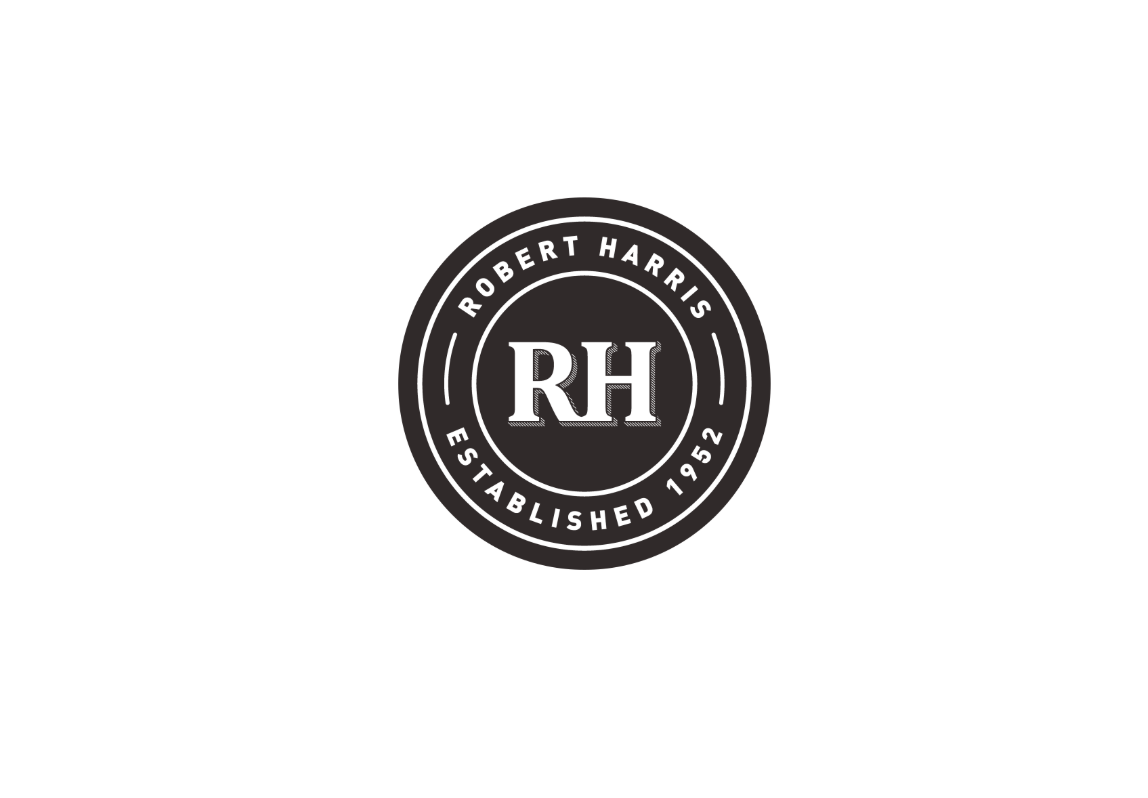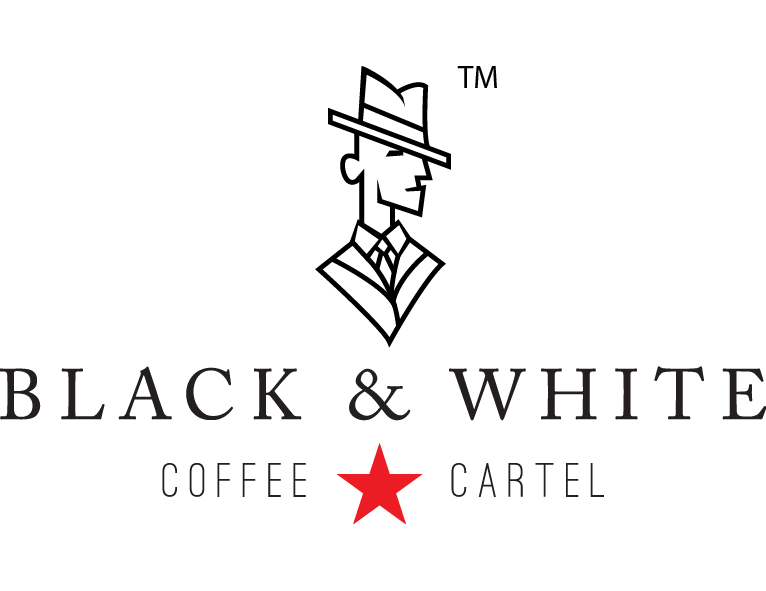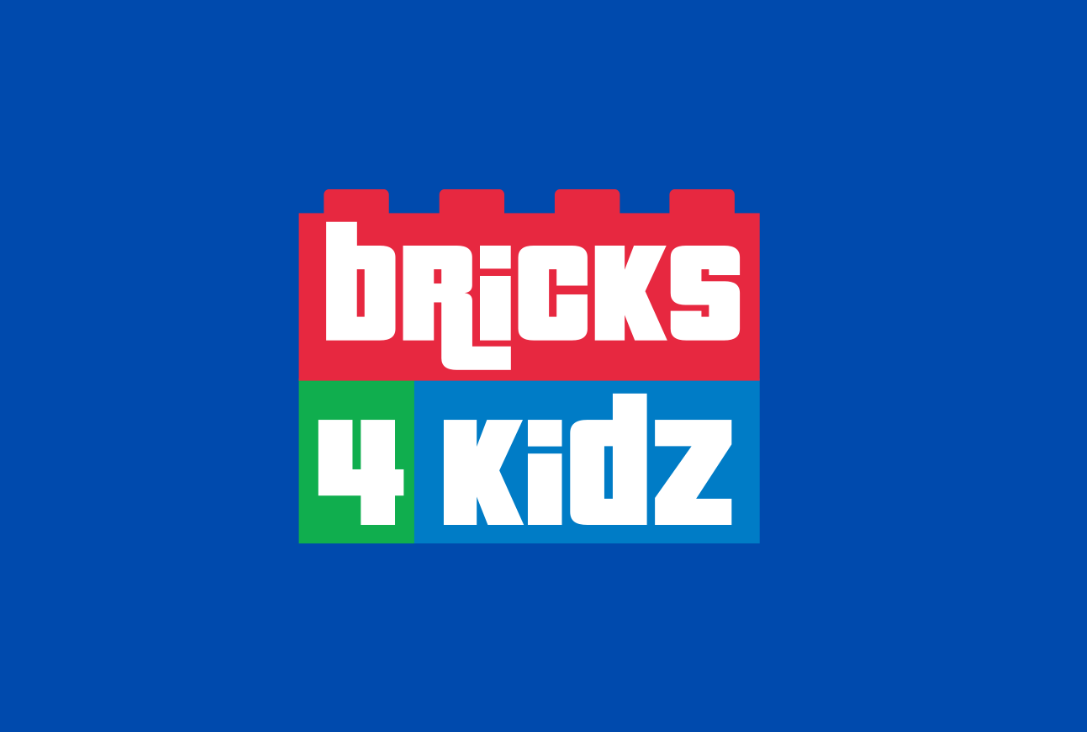In New Zealand, franchising is a significant part of the small business landscape. With over 500 franchise systems operating across a wide range of industries, the model has proven to be both resilient and adaptable. Yet despite its success, franchising is still widely misunderstood by many Kiwis. Misconceptions about who franchising is for, what it involves, and how much control you really have continue to discourage potential entrepreneurs from exploring this path. It’s time to debunk the most common franchising myths that persist.
Franchising Is Just Fast Food
When people hear the word “franchise,” they often picture global fast food brands like McDonald’s or KFC. While food franchises are certainly prominent in New Zealand, they represent just a slice of the industry. Franchising here spans everything from early childhood education and lawn care to health and wellness, accounting, and home services. Brands like Green Acres, Just Cuts, and Speedy Signs are great examples of local and international franchise success outside the food sector. Franchising is a business model, not a food trend.
You Need Business Experience to Succeed
Many people assume you need a business degree or corporate background to operate a franchise successfully. In fact, most New Zealand franchise systems are built to support everyday people—those who may have never run a business before. Franchisors typically offer comprehensive training, systems, and support, so franchisees can focus on running the day-to-day operation. What matters more than experience is commitment, reliability, and the willingness to follow a proven system. From tradies to teachers, Kiwis from all walks of life are running thriving franchises across the country.
Franchising Is Too Expensive
While some franchises require a substantial financial investment, many are more affordable than you might think. In New Zealand, entry-level franchises can start from as little as $30,000–$50,000, especially in mobile and service-based sectors. These lower-overhead models often allow franchisees to work from home or use a van instead of a storefront. There are also finance options available, including through local banks familiar with franchising, and even some franchisors offering payment plans or support for new owners.
Franchisees Have No Freedom
Another common myth is that franchise owners don’t have any say and must follow a strict set of rules. While it’s true that franchising comes with a framework, it also allows for entrepreneurial input. Franchisees manage their staff, build local relationships, and often influence how their business grows within their territory. The structure helps maintain brand consistency, but the success of each unit still depends on the owner’s initiative and leadership.
All Franchises Are the Same
Not all franchises offer the same level of training, support, or opportunity. Some are well-established with strong reputations, while others are newer or less proven. It’s vital to research and speak with current franchisees before committing. Use tools like the Quality Franchise Association New Zealand to ensure you’re dealing with ethical and well-supported businesses.
Conclusion
Franchising in New Zealand offers a realistic and supported pathway into business ownership—but only if you understand what it truly entails. By separating myth from fact, prospective franchisees can make informed decisions and choose a model that aligns with their goals, budget, and lifestyle. In a country built on small business innovation, franchising remains a smart and viable way forward.
